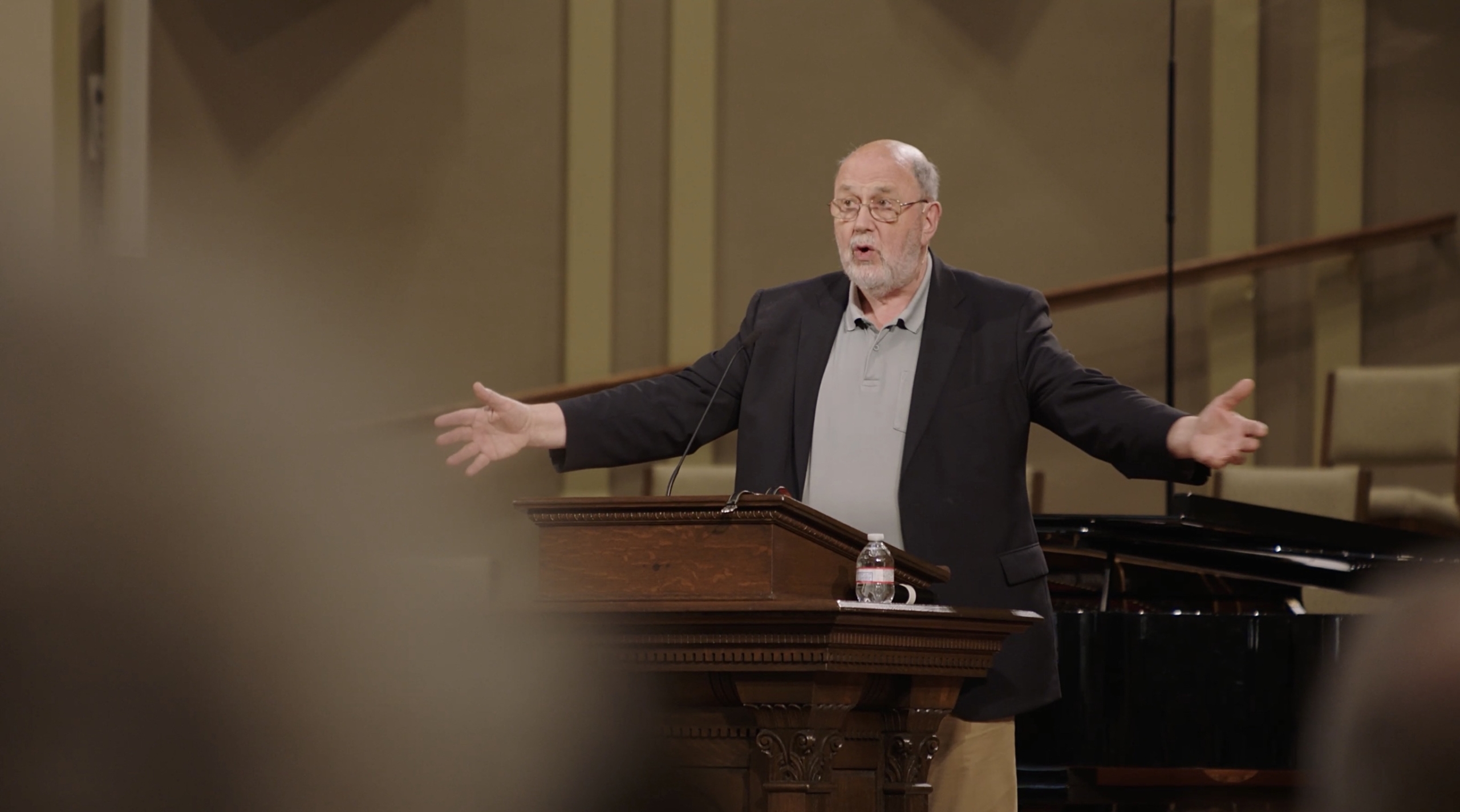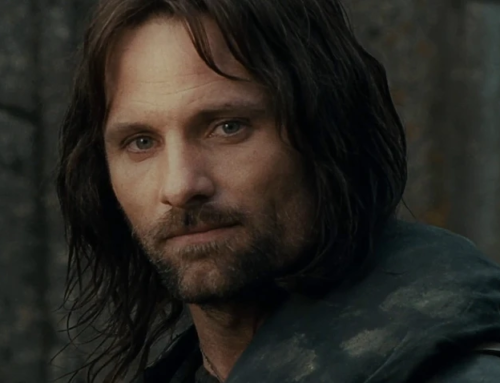This blog was originally published as “Sneak Peek: What to Expect When Prof. Wright Comes to Houston,” in connection with an event which took place in 2023. For information about future events, visit https://www.admirato.org/bundles/summer-intensives
Acts is a page-turner. Thirty years or more of early church history flash before our eyes, full of lessons to be learned and characters to ponder. It’s easy for us to cherry-pick parts that seem to speak to us more directly. The danger is that we then miss themes that emerge in a more over-arching way. Some of those themes are powerfully relevant in the challenging life and work to which you and I are called today.
During this event, we’ll proceed through the chapters of Acts four at a time, focusing on particularly illuminating passages. The one major division which you may want to keep in mind is that the book naturally divides at the end of chapter 12. This corresponds to Jesus’s commission to the disciples in 1:8. They are to bear witness to him in Jerusalem, Judaea, and Samaria – that’s the first twelve chapters – and then ‘to the ends of the earth’, which is chapters 13-28.
Since all roads lead to Rome, all roads also led from Rome; once the message was there, it would go out in all directions. Indeed the idea of the ‘message’, the ‘word’, doing its own work – which is obviously a way of speaking of God being at work through the ‘word’ – is itself a major theme in this book. And, as we shall see, many first-century hearers of this work would already recognize in the claims of Jesus a clear, if implicit, challenge to those of Caesar.
Begin at the Beginning
So let’s begin at the beginning. Luke follows the frequent ancient custom of addressing his work to a named individual who may be a patron, or simply a friend, or even a generic name for any well-intentioned reader – since Theophilus might mean ‘god-lover’. This dedication matches the one at the start of Luke’s Gospel, ‘the previous book’ as he says. There he had set out what Jesus had done and taught. As the disciples said on the Emmaus Road, Jesus was a prophet mighty in word and deed. The crucial thing here, which determines how Luke wants us to read the whole book, is the mention of all that Jesus began to do and teach. The ‘doing’ and ‘teaching’, in other words, didn’t stop. Many times in Acts we are told that the Lord spoke to someone – often Paul – or stood by them on a particular occasion. But Jesus’s involvement isn’t limited to those explicit moments. Jesus is not now a mere figure either of the historical past or of the theological, heavenly present, though he is both of those as well. He is alive, active, directing, speaking, and performing deeds of power.
Verse 3 tells us the ground upon which the rest of the book will stand: the resurrection and the kingdom of God. Luke insists, of course, on the bodily aliveness of Jesus after his death. Everything in this book hinges on Jesus’s resurrection, not simply as an odd dramatic miracle that God did for Jesus, but as the launching of God’s New Creation in the person of his son. The teaching of the risen lord in the short period before the Ascension was ‘the kingdom of God’. Since that had been the central theme of Jesus’s public career, it might come as a surprise that it isn’t referred to that often in Acts. But, Acts has as its bookends 1) Jesus explaining about the kingdom here in chapter 1, and then 2) Paul in Rome speaking about God as king and Jesus as Lord ‘openly and unhindered’.
The Key Questions
So to the key question posed in verse 6: is this the time to restore the kingdom to Israel? What is Jesus’s answer? Many have assumed that Jesus’s answer is ‘no, but’. For that point of view, popular not least in dispensationalism, ‘restoring the kingdom to Israel’ is a further goal, some way down the road. That would mean that the disciples’ witness ‘to the ends of the earth’ is a temporary fill-in, ahead of that eventual goal. In that scheme, when the disciples ask, ‘Is this the time for you to restore the kingdom to Israel?’ Jesus’s answer is ‘No, but’: no, it’s not the time for that yet, but you have a job to be getting on with meanwhile.
But I have been convinced for many years that the correct answer is ‘Yes, but’. Think again of the two on the road to Emmaus, who say ‘We had hoped that he was the one to redeem Israel’, with the implication – he was crucified, so he can’t have been the one. Jesus then explains that that was precisely how redemption would be accomplished.
Think also of the kingdom movements in the centuries either side of Jesus: the Maccabees two hundred years earlier, Bar Kochba a hundred years later, and other kingdom movements in between. Their aim, always, was to overthrow the Gentile idolators who had polluted the land and the temple, and to restore God’s people to be the pure Torah-observers they were supposed to be – quite possibly then becoming the supreme nation, ruling the world.
So the disciples’ puzzled question looks as though they are saying, Well, we certainly didn’t expect any of this – crucifixion and resurrection and all – but, presumably, now we can get back to the main story, the great national dream! And they, presumably, expect to be involved in that work.
So Jesus is saying – and the whole of Acts is saying – YES, this dream is now being fulfilled, but NO, not in the way they imagine. Their task is precisely to advance the kingdom – to make the sovereign rule of the risen Jesus a reality on earth as in heaven, starting small of course – by being his witnesses. They are not to bother their heads about when exactly the kingdoms of the world will finally become the visible kingdom of God and of Jesus. That’s God’s job. They are to get on with working for the kingdom – in other words, making it known in word and practice that Jesus is the world’s new king.
You can learn more about the book of Acts from Prof. N.T. Wright by joining us in Houston, Texas, from June 4-7th, 2023. CLICK HERE to get your tickets now! Registration ends May 15th.
Latest posts by N.T. Wright (see all)
- A Preview of Prof. Wright’s Teaching on Acts - May 11, 2023
- The Music of New Creation: Holy Week Eucharist Reflections from N.T. Wright - April 14, 2022
- Hope Amid the Broken Signposts - February 17, 2021







